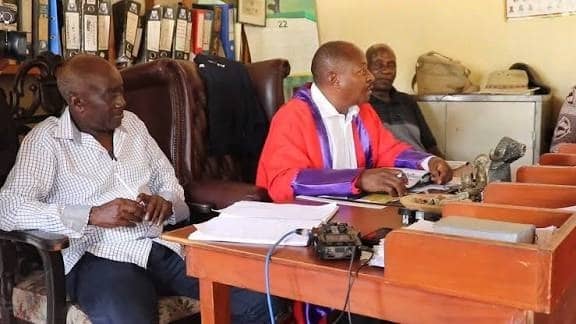
The Zimbabwean government’s compensation plan for land seized during the fast-track land reform programme has sparked divisions among white former commercial farmers. While some farmers have accepted the payments, others have rejected them as “token” and are demanding fresh negotiations.
Andrew Pascoe, head of the compensation steering committee, has welcomed the payments, stating that they mark progress after years of uncertainty. However, Deon Theron, representing a group of nearly half of the 4,000 affected farmers, has dismissed the arrangement, calling it a “tiny fraction” of what was promised under the 2020 agreement.
Finance Minister Mthuli Ncube announced that the government has begun disbursing payments, starting with US$3.1 million in cash, equivalent to 1% of the total US$311 million owed to the first batch of 378 farmers. The remaining amount will be settled through 10-year United States dollar-denominated treasury bonds.
The compensation stems from a 2020 Global Compensation Deed, which set a US$3.5 billion payout for improvements on farms seized during the land reform exercise. However, financial constraints forced the government to revise the payment structure, sparking discontent among some farmers.
The land redistribution programme, launched in 2000, aimed to address colonial-era inequalities by transferring white-owned farms to black Zimbabweans. While the government claims that over 300,000 families benefited, the policy triggered economic turmoil and international sanctions.
Theron’s group has ruled out legal action, citing failed attempts to engage the government. The compensation process is tied to Zimbabwe’s efforts to clear its arrears and debt clearance process as it normalizes relations with multilateral and bilateral lenders.







